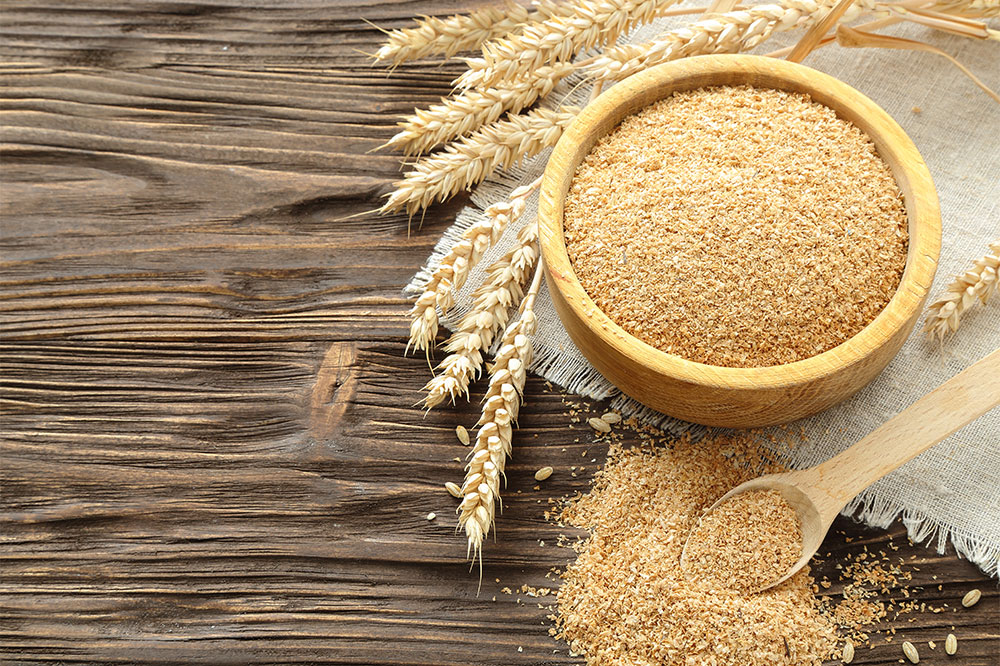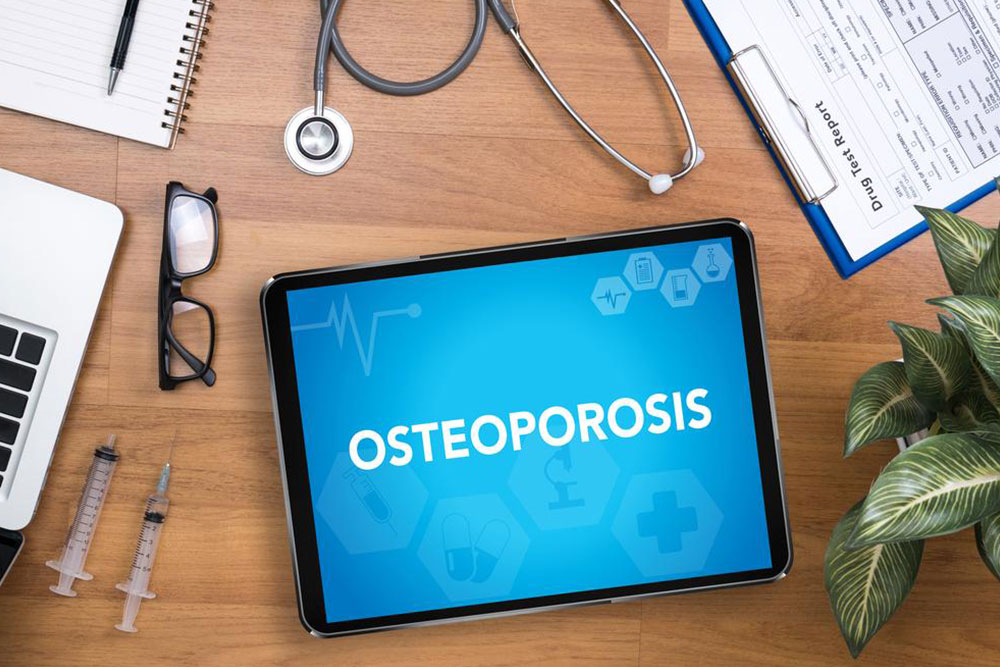Essential Nutrients and Foods for Managing Osteoporosis
Proper nutrition plays a crucial role in preventing and managing osteoporosis. Incorporate calcium-rich dairy, lean proteins, and a variety of fruits and vegetables into your diet. Minimize salt, sugar, and caffeine intake to protect bone health effectively. A balanced approach to diet and lifestyle can strengthen bones and reduce fracture risk.
Sponsored

Essential Foods and Nutrients for Osteoporosis Prevention and Management
Osteoporosis weakens bones, making them fragile and prone to fractures. Proper nutrition can both prevent and slow its progression. Focus on consuming foods that support bone strength while avoiding items that might harm bone health. Below are key dietary tips for osteoporosis management.
Recommended Foods
Calcium-rich Dairy Products
Dairy items like milk, yogurt, and cheese provide vital calcium necessary for maintaining bone density. They also supply other nutrients and healthy fats that benefit skeletal health.
Include at least one serving of dairy daily to support bone strength.
Protein Sources for Bone Support
Proteins are essential for building the structural matrix of bones. Opt for lean meats such as skinless poultry and fatty fish like salmon and tuna, which provide high-quality protein without the drawbacks of red meats.
Fruits and Vegetables
Fruits such as cranberries and prunes, alongside vegetables like leafy greens, mushrooms, oranges, and berries, offer antioxidants and vital nutrients including calcium, magnesium, vitamin C, folate, potassium, and beta-carotene, all of which promote bone health.
Foods to Limit or Avoid
High-Sodium Foods
Excess salt increases calcium excretion via urine, weakening bones. Reduce intake of processed snacks, canned soups, cured meats, and salty condiments. Be mindful of adding extra salt during cooking or at the table.
Sugar-laden Foods
Foods high in sugar, such as pastries, candies, and sugary beverages, lack nutrients necessary for bone health and can contribute to weight gain and cardiovascular issues.
Caffeinated Beverages
Too much caffeine may impair calcium absorption, potentially affecting bone density. It's advisable to consume coffee and other caffeinated drinks in moderation.






